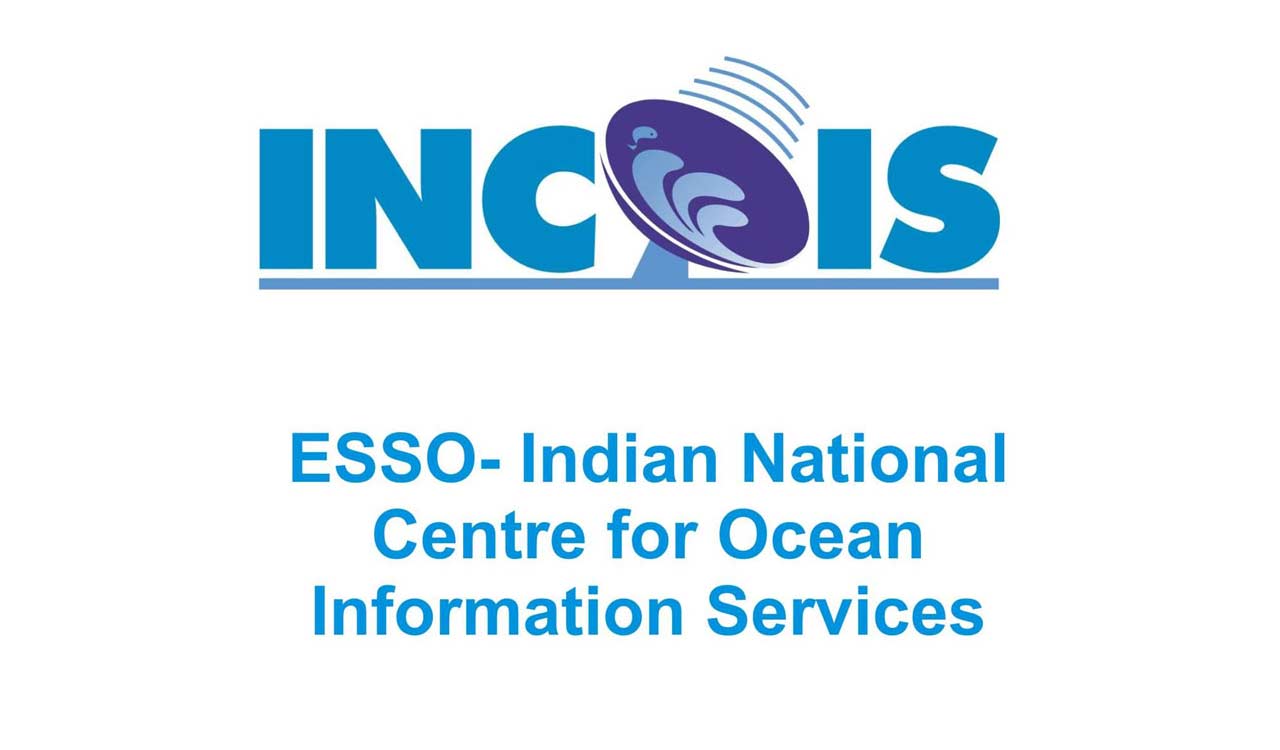Rapid intensification is a process where a tropical cyclone intensifies in a short period (an increase in intensity of 30 knots speed or more in 24-hours).
Published Date – 04:51 PM, Thu – 28 September 23

Hyderabad: The Hyderabad-based Indian National Centre for Ocean Information Services (INCOIS) study has revealed that cyclones across the globe are intensifying more rapidly and frequently, posing significant challenges to forecasting, due to the effect of global warming.
A study carried out by the INCOIS and Andhra University, Visakhapatnam, researchers noted that global warming heightened cyclone intensity, increasing the likelihood of multiple rapid intensifications. The study findings published in scientific reports of Nature highlight the increased unpredictability of cyclone behaviour
Rapid intensification is a process where a tropical cyclone intensifies in a short period (an increase in intensity of 30 knots speed or more in 24-hours).
“We also found changes in the life cycle of tropical cyclones. Previously, the rapid intensification used to occur during initial stages of cyclones’ life, but now, with ocean warming, this rapid intensification continues to occur even in the mature stages of cyclones’ life,” INCOIS project scientist and first author of the paper ND Manikanta said. According to researchers, warming of the surface ocean from anthropogenic climate change is fueling more powerful tropical cyclones.
The team used available tropical cyclone data from the International Best Track Archive for Climate Stewardship project, developed collaboratively with all the World Meteorological Organisation Regional Specialised Meteorological Centres, as well as other organisations and individuals from around the world. They identified a significant surge in the frequency of multiple rapid intensifications across all ocean basins. The western North Pacific Ocean basin contributed to nearly half of the total occurrences, while the North Indian Ocean basin had a comparatively low rate, they said.
“Examining the variations in the intensification rates across time and at different stages of cyclone evolution will help us understand correctly when such events occur,” said Sudheer Joseph, Division Head Applied Research and Research to Operations at INCOIS and corresponding author.
INCOIS Director T Srinivasa Kumar said the findings would help understand the impacts of future climate change on the behaviour of cyclones, which was one of the important elements in developing ocean climate change advisories by the INCOIS.



